Managing Wildlife Populations
Aquatic Species Restoration Plan Applications: Biologist Tirhi is working through answering the required metrics and paperwork associated with three separate Oregon spotted frog Aquatic Species Restoration Plan (ASRP) grants. Cultural review requirements are included for each of these three sites.
Providing Recreation Opportunities
Scoping Lake Koeneman: The Region 6 Water Access Team, Wildlife Area Manager Laushman, and Enforcement Officer Murray hiked to the Lake Koeneman Unit of the South Puget Sound Wildlife Area to check on trail conditions and improve future access to the lake.
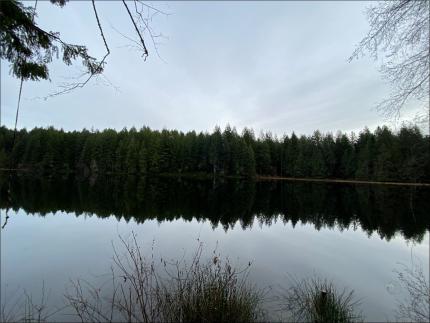
Vandalism and Dump Site Clean-up: Access staff members, Enforcement, and Wildlife Area Manager Laushman all participated in the removal of an abandoned motorhome that was burned before it could be towed away. Wildlife area personnel repaired several other sites throughout the region that suffered vandalism and cleaned numerous dump sites.
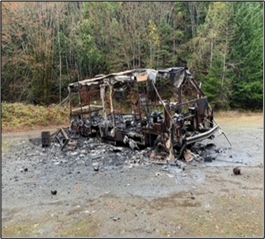
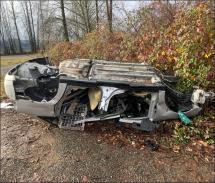
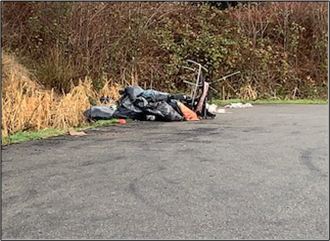

Kitsap County, Point No Point: Access team and WCC removed large amounts of blackberry bushes from the fence lines and repaired the restroom from vandalism.
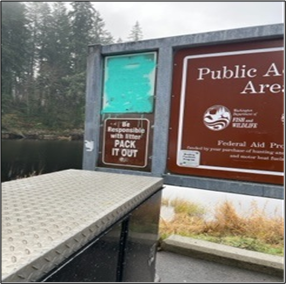
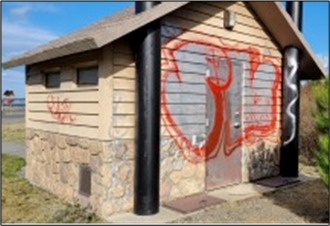
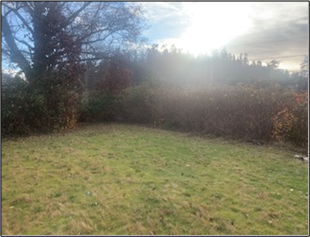
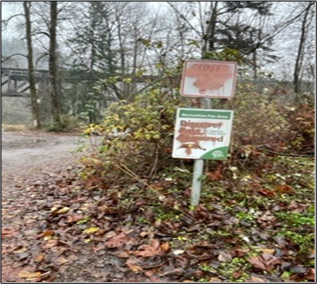
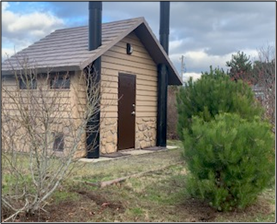
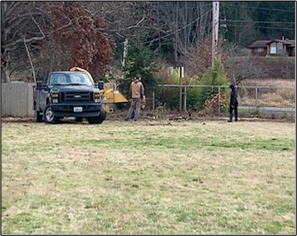
Access Clean-up Projects: Personnel worked on a variety of projects involving downed trees and storm damage.
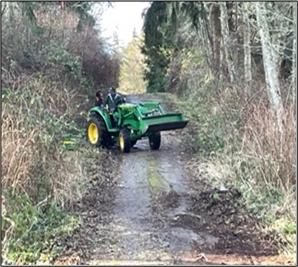
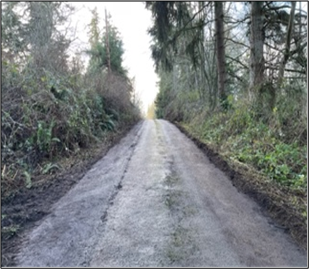
Clallam County, Bogacheil Rearing Ponds: WDFW personnel cut and moved the majority of several fallen trees that blocked access at the Bogacheil Rearing Ponds. There is still much work to be finished but access for hatchery personnel and public parking has been restored.
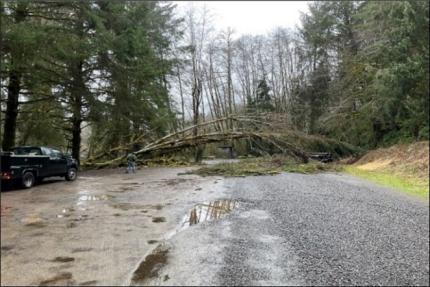
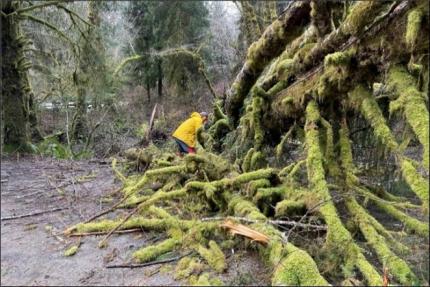
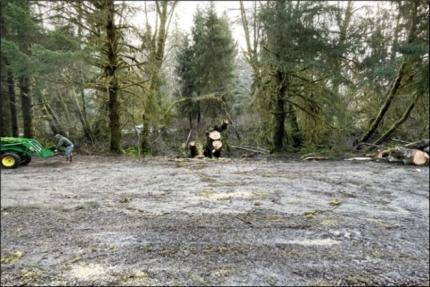
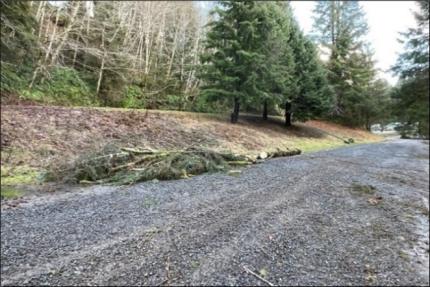
Conserving Natural Landscapes
Oregon Spotted Frog Habitat Enhancement: Biologists Tirhi and Butler, along with Volunteer Terry rebuilt plot markers for hydrological monitoring work at the Salmon Creek spotted frog breeding site.
Providing Conflict Prevention and Education
Rotary Club: Biologist Tirhj gave a presentation to the Rotary Club of Lakewood in appreciation of the outstanding volunteer services they have been providing to maintain the entrance of the South Puget Sound Wildlife Area. Tirhi gave an overview of Washington’s wildlife, the role of WDFW, the agency’s priority work, and duties of district biologists. The presentation was very well received.
Other
Program School: Biologists Tirhi and Butler attended the Wildlife Program School which was an excellent opportunity for staff members to reflect on past work, plan future work, learn new skills. They gained insight into the various programs and projects underway and built connections with other wildlife biologists in the agency.